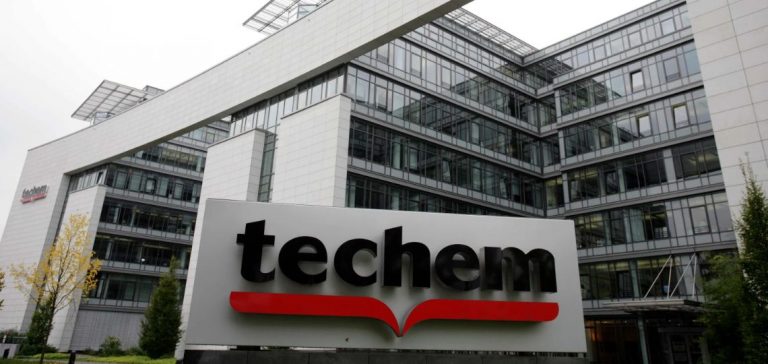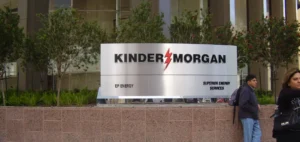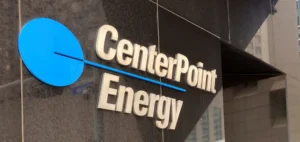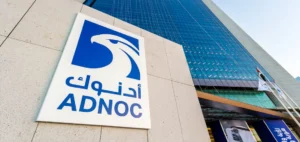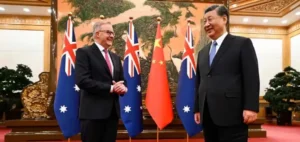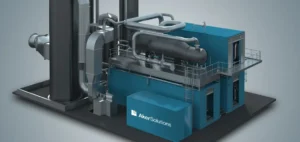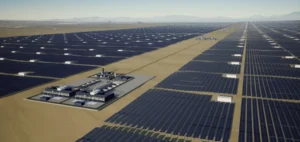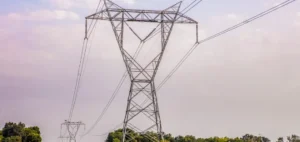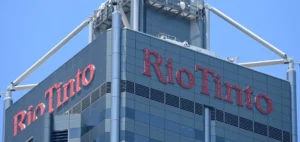TPG has finalized an agreement to acquire Techem, a German specialist in energy metering and management solutions, for €6.7 billion. The transaction is carried out in partnership with the Singapore sovereign wealth fund, GIC, which acts as a minority co-investor. The payment will be made in two installments, the first upon the closing of the deal in the first half of 2025, and the second in July 2027. This acquisition is subject to approval by the relevant regulatory authorities.
Techem, based in Eschborn, Germany, is specialized in providing metering services for energy and water consumption management in the real estate sector. The company operates in 18 countries and employs around 4,300 people. Its technology is frequently used in energy management solutions for buildings, aiming to optimize costs and reduce CO2 emissions associated with the sector. By acquiring Techem, TPG aims to position itself in a growing market characterized by increasingly stringent regulations for property owners and managers.
Techem’s History of Ownership Transfers
Techem is no stranger to ownership changes by private equity funds. In 2008, Macquarie acquired the company for €1.4 billion before selling it to Partners Group in 2018. TPG becomes the third fund to control the firm, this time in a context marked by CO2 emission reduction targets and heightened pressure for better energy management in built environments.
The American fund executed this transaction through its specialized entity, TPG Rise Climate. This acquisition is the largest investment to date for the climate fund, reflecting its strategy focused on energy optimization. The real estate sector accounts for approximately 40% of global CO2 emissions, making it a priority area for decarbonation initiatives. Ed Beckley, Managing Partner of TPG Rise Climate, views this deal as a significant growth opportunity to better address energy efficiency challenges in the sector.
Outlook for the Energy Efficiency Market
The European energy services market is expanding rapidly, largely due to new regulations imposed by the European Union. These rules compel property managers to enhance the energy efficiency of their buildings, which boosts demand for technologies like those provided by Techem. Regulations such as the revised Energy Efficiency Directive (EED) and the Energy Performance of Buildings Directive (EPBD) set stricter standards for energy consumption. This market dynamic is favorable for investors looking to capitalize on opportunities for upgrading existing infrastructures.
For TPG, this acquisition represents not only a strategic investment but also a means to strengthen its positions in the European market. The goal is to create new synergies between Techem’s services and other companies held by the group in the energy transition sector to offer integrated solutions for optimized energy management. Techem is thus expected to expand its activities into broader market segments, beyond its historical core operations.
Investment Strategy and Competitive Landscape
The energy efficiency sector is attracting more and more institutional players and private equity funds. Initiatives such as the European Green Deal encourage companies to invest in energy modernization of buildings, particularly in high-density urban areas. Other investment funds, like BlackRock and KKR, have also increased their exposure in this area, betting on new regulations and the transition to a more sustainable energy model.
TPG differentiates itself through a strategy focused on decarbonating existing infrastructures and supporting technologies that facilitate this transformation. The fund highlights its expertise in the energy management sector and aims to integrate Techem’s technological innovations to offer high value-added solutions. However, the market remains highly competitive, with pressure on margins due to high compliance costs and increasing expectations from institutional investors regarding ESG performance.

